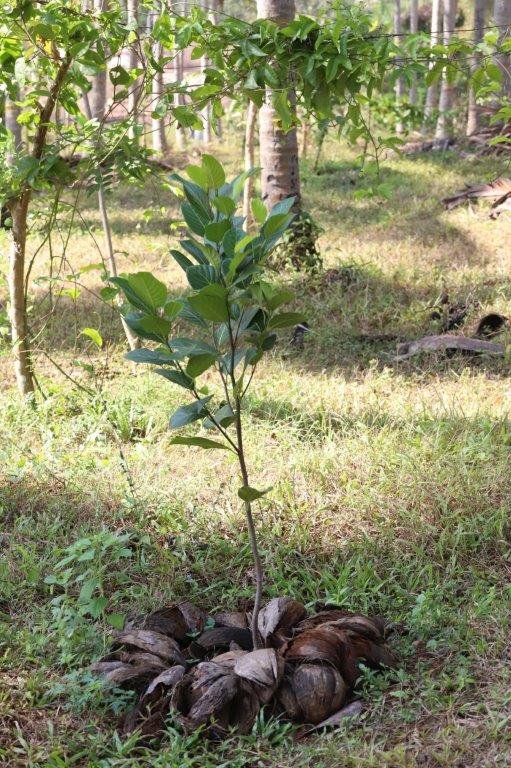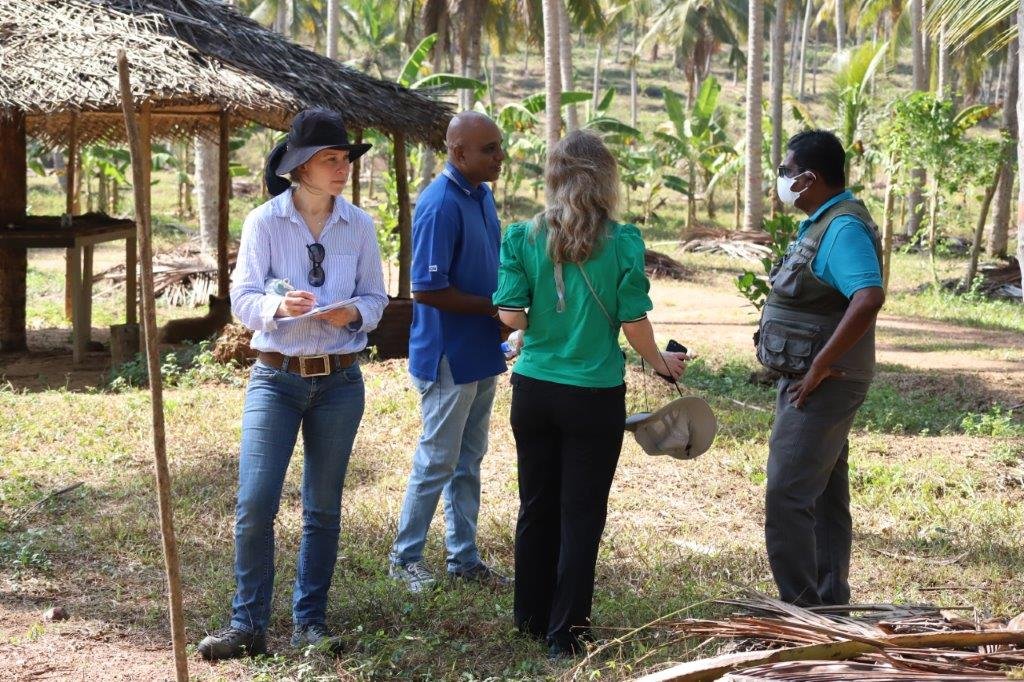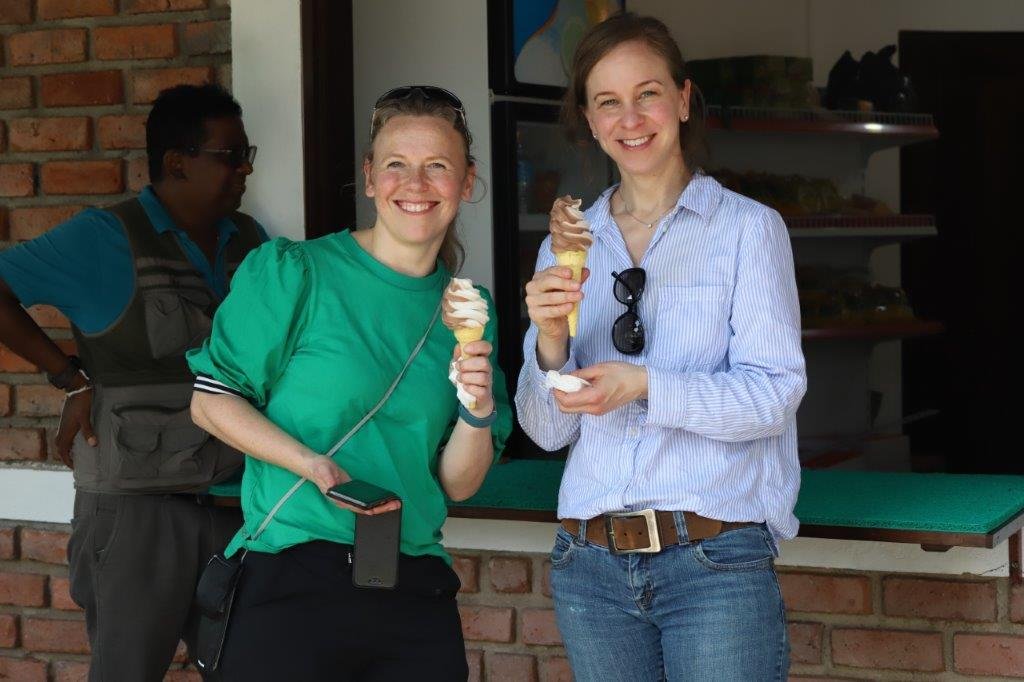The tea and coconut sectors play a critical role in the Sri Lankan social, economic, and political domains. As the fourth largest tea producer in the world, Sri Lanka annually produces over 300,000 metric tonnes of tea, which is around 17% of the total need of tea users. In terms of the coconut sector, Sri Lanka is placed fourth in the extent of coconut cultivating lands from the global agricultural land area. Although tea and coconut industries play a major role in the Sri Lankan economy, both tea and coconut plantations face several issues including land degradation, aging plantations, adverse impacts from climate change, lack of skilled labour, lack of capacity to adopt new international standards and international competitiveness from new arrivals. Land degradation including fragmentation is a critical challenge that results in negative impacts on the environment, economy, and human wellbeing. Therefore, improving degraded lands in tea and coconut plantations is a timely action, which will give regional, national, and global benefits.
Together with the Embassy of the Kingdom of the Netherlands in Colombo, the Government of Netherlands through its Netherlands Enterprise Agency (RVO) has designed an initiative to introduce two pilot projects in degraded lands—one for coconut and one for tea. RVO is engaging the Tea Research Institute and Coconut Research Institute along with the University of Peradeniya and the Wageningen University and Research (WUR) in the project. Business case expertise is also added to the project. IUCN will play a coordination role to ensure the success of the project.
Project Objective
The project aims to facilitate a public-private partnership to pilot an agroforestry approach in one degraded coconut and one degraded tea plantation, with the aim to enhance environmental as well as socio-economic sustainability of the production systems at the pilot plantations. For the long term, the project aims to develop guidelines on how to sustainably manage degraded lands in tea and coconut plantations, by applying an agroforestry approach. The project will empower a mechanism, facilitated by a team of experts, to coordinate and create active partnerships with key actors (both direct and indirect) of the two sectors to review, upscale and institutionalize agroforestry practices in the tea and coconut plantations in Sri Lanka.
Agroforestry in degraded Coconut
Kurunegala Plantation Limited is excited to announce that the Murutenge Estate is the first coconut plantation which has been selected for the pilot project on ‘Agroforestry on Coconut Plantations in Sri Lanka,’ marking another milestone in KPL’s sustainability journey. In collaboration with the International Union for Conservation of Nature (IUCN), University of Peradeniya, Wageningen University & Research, Coconut Research Institute, and the Netherlands Enterprise Agency (RVO), KPL is facilitating a public private partnership on Agroforestry Development in the plantation sector for the better implementation of sustainability in coconut plantations. The pilot project, conceptualized by the Embassy of the Kingdom of the Netherlands to Sri Lanka, has been undertaken by KPL Management. They are tackling the challenge to better manage the agroforestry-based coconut plantation system and achieve the established goals and objectives in a more plausible manner. This initiative looks at things from a different angle, aiming to provide benefits for both the plantation and the plantation community in a responsible manner. We are fortunate to have technical support from various organizations affiliated with the project, actively engaging in its success.








